Windows 11 has much higher hardware requirements than Windows 10, making it impossible for computers with older CPUs that don't support TPM 2.0 and don't have Secure Boot to officially upgrade.
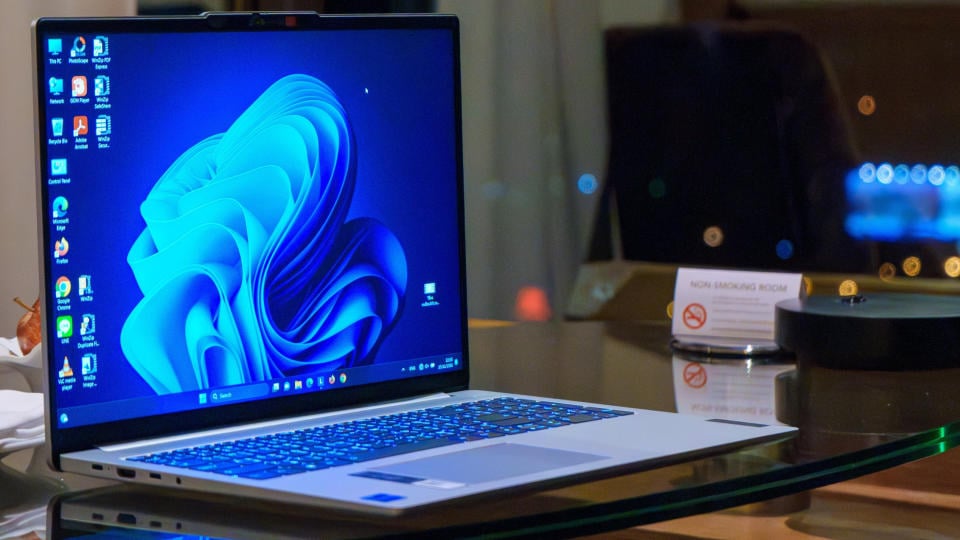
Users still need to meet hardware requirements to install Windows 11
To install Windows 11 on an incompatible PC, current users need to find workarounds to bypass the hardware checks during the installation process. However, these solutions can be unstable and run the risk of breaking at any time.
Despite user expectations, Microsoft has steadfastly refused to lower the hardware requirements, even though Windows 10 is set to reach the end of official support in October 2025. Earlier this month, the company even published a blog post explaining the importance of TPM 2.0 and other requirements, seemingly closing the door to official upgrades for many older computers.
Microsoft's claim that installing Windows 11 on older PCs is incorrect
In its recent Windows 11 hardware policy document, Microsoft says: "If Windows 11 is installed on non-qualified hardware, you should accept the risk of encountering compatibility issues."
This has sparked some rumors that Microsoft has finally accepted the possibility of allowing Windows 11 to be installed on incompatible PCs. However, the document is not actually new, as it was reportedly published in 2021, meaning that there is essentially no new policy being announced.
That said, Windows 11 still requires an approved CPU, Secure Boot, TPM 2.0, and other hardware that many older computers don’t have. The documentation doesn’t provide instructions for installing Windows 11 on unsupported computers, and there’s no evidence that the installer has been updated to bypass these checks. Microsoft still recommends that Windows 10 users either sign up for the extended security package when it becomes available, or buy a new computer running Windows 11.
Source: https://thanhnien.vn/khong-co-chuyen-microsoft-cho-cai-windows-11-tren-pc-cu-185241212121705663.htm



![[Photo] Close-up of Tang Long Bridge, Thu Duc City after repairing rutting](https://vphoto.vietnam.vn/thumb/1200x675/vietnam/resource/IMAGE/2025/5/19/086736d9d11f43198f5bd8d78df9bd41)

![[Photo] Panorama of the Opening Ceremony of the 43rd Nhan Dan Newspaper National Table Tennis Championship](https://vphoto.vietnam.vn/thumb/1200x675/vietnam/resource/IMAGE/2025/5/19/5e22950340b941309280448198bcf1d9)
![[Photo] President Luong Cuong presents the 40-year Party membership badge to Chief of the Office of the President Le Khanh Hai](https://vphoto.vietnam.vn/thumb/1200x675/vietnam/resource/IMAGE/2025/5/19/a22bc55dd7bf4a2ab7e3958d32282c15)






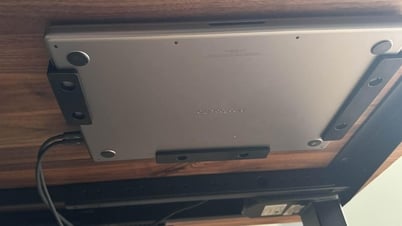







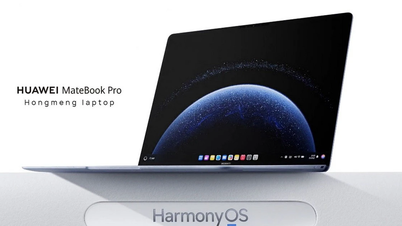









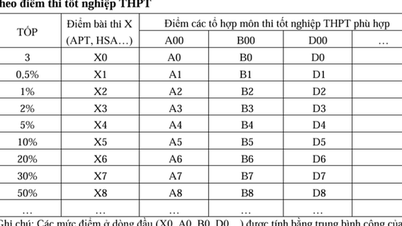


![[Photo] General Secretary To Lam attends the conference to review 10 years of implementing Directive No. 05 of the Politburo and evaluate the results of implementing Regulation No. 09 of the Central Public Security Party Committee.](https://vphoto.vietnam.vn/thumb/1200x675/vietnam/resource/IMAGE/2025/5/19/2f44458c655a4403acd7929dbbfa5039)










































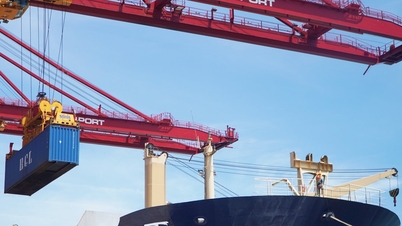














![[VIDEO] - Enhancing the value of Quang Nam OCOP products through trade connections](https://vphoto.vietnam.vn/thumb/402x226/vietnam/resource/IMAGE/2025/5/17/5be5b5fff1f14914986fad159097a677)



Comment (0)